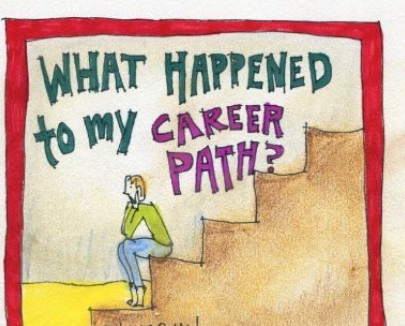Higher Education Crisis in Kenya
From the time a Kenyan child is and born joins school. They are taught that the key to success is to do well in primary school so that they can get accepted to the best possible high school. The better grades they get in high school the better degrees they will do and the best university they will get an opportunity to join. They are taught that if they get a good grade and get their university degree any job they desire in their field of their choice will be there waiting for them. After getting their dream job they will be able to buy any car they desire, start their own family and live the dream of first citizens. The entire purpose of primary school education is to prepare pupils for high school and the entire purpose of high school is to prepare students for university or college. Students are taught to believe that if they don’t go to college they will be on a path to nowhere and will have no chance of ever building a successful career.
Higher Education Crisis
Higher education is the key to the Kenyan dream. But today something is terribly wrong with our education system. Kenya’s education system is market driven, so commercialized. Powerful forces are driving higher education in new directions. Colleges and universities have been turned into multi billion businesses. Quality has been compromised. There are warning signs about this trend.
About 2% of students who join university leave without graduating. Those who manage to graduate go years without getting jobs because of lack of skills. We don’t have genuine information from universities that tells how good higher education is from the standpoint of student learning. We know that students go to university but we don’t know whether they actually acquire necesseray skills and knowledge while they are there. They have been reports of students who graduate without attending even a single class. There have also been reports of students who are awarded high or low marks depending on their relation with their lecturers . What these reports however lack is evidence.
We have no idea what goes on in most colleges and universities. We’ve no idea whether lecturers do mark examinations of thousands of students or they just award marks randomly. We make huge assumptions that one lecturer has the ability to mark an exam booklet of about 10 pages for over 1000 students in a unit of his many other units that he/she teaches. But we really don’t know.
However the most worrying trend is how hard it is for new graduates to get jobs. Not that there are no jobs but they lack the needed experience and skills. This is because they spend most of their times reading for exams and less time in sharpening their practical experience.
As a student how do you get out of this mess? Dedicate your time and effort to an outside-the-classroom activity, go to internships during your long holiday, and take on leadership roles because the best way for you to get prepared for today’s job market is to mix classroom learning and practical experience equally..
This article was made possible thanks to a series produced by the National Inflation Association (NIA).
You cam also read: Employment Crisis: After Campus What Next?

Leave a Comment